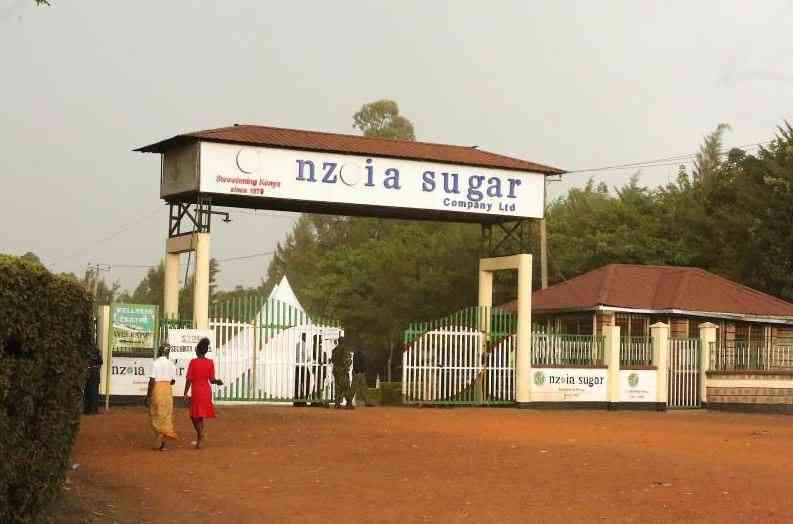Kenya: A major division has emerged in the National Assembly’s Agriculture Committee over the long awaited report on the crisis in the sugar industry amid claims of a conspiracy to water down the findings and shield prominent figures.
Nine of the committee members have vowed to ensure rejection of the report for failing to name specific people who they say should be held responsible, especially over the Mumias Sugar Company crisis.
The division has been caused by the committee’s failure to adopt KPMG’s forensic audit report, which had implicated eight people among them Nairobi Governor Evans Kidero and his successor Peter Kebati in running the company down.
Nine of the 27 members who constitute the committee did not sign the report tabled in Parliament last week and are now awaiting debate in the House, with some divulging to The Standard that they could not agree with the report in its tabled form.
The MPs claimed the report’s findings had been greatly mutilated to exonerate individuals who had been found culpable.
Contacted, Mukurweini MP Kabando wa Kabando, who is among those who declined to sign the report said he will spill the beans when the report comes before the House for debate.
“When the time comes, I will explain to the House why I did not and will not sign the report,” said Kabando in his short text response.
FICTITIOUS EXPORTS
Nyando MP Fred Outa yesterday said members who disputed the report are finalising their parallel report, which they will table in Parliament. “As I speak, nine of us are already working on a parallel report which will include the KPMG report,” said Outa.
Mumias MP Ben Washiali complained that the committee appeared like it was out to protect individuals that had been found culpable, hence coming up with a report whose recommendations only faulted managers and board members, without naming them.
He said they will push for rejection of the report when the same comes for debate in the House.
“We must have specific names of those who we found to be behind the woes, otherwise we will be failing Kenyans after a long year of committee work,” said Washiali.
The dissenting members are also complaining about the blanket recommendation that “any officer from the Board and management of Mumias Sugar Company and KRA responsible for fictitious exports of sugar between 2006 and 2012 be held responsible for abuse of procedure and abuse of office”.
Washiali added: “We were not satisfied with the report as it appeared to protect certain individuals. As a committee, we are not in the business of just producing a report for the sake of it but we should lay the blame where it is. If it is corruption, the vice must be directed at an individual, not an institution or corporate body. Individual responsibility must be taken.”
Washiali said the committee had greatly failed farmers, who had high hopes in its work, saying the failure to adopt the damning report that had adversely mentioned senior directors of Mumias Sugar in its commercial, procurement and importation scandals, was portraying the committee negatively to Kenyans.
Stay informed. Subscribe to our newsletter
 The Standard Group Plc is a
multi-media organization with investments in media platforms spanning newspaper
print operations, television, radio broadcasting, digital and online services. The
Standard Group is recognized as a leading multi-media house in Kenya with a key
influence in matters of national and international interest.
The Standard Group Plc is a
multi-media organization with investments in media platforms spanning newspaper
print operations, television, radio broadcasting, digital and online services. The
Standard Group is recognized as a leading multi-media house in Kenya with a key
influence in matters of national and international interest.
 The Standard Group Plc is a
multi-media organization with investments in media platforms spanning newspaper
print operations, television, radio broadcasting, digital and online services. The
Standard Group is recognized as a leading multi-media house in Kenya with a key
influence in matters of national and international interest.
The Standard Group Plc is a
multi-media organization with investments in media platforms spanning newspaper
print operations, television, radio broadcasting, digital and online services. The
Standard Group is recognized as a leading multi-media house in Kenya with a key
influence in matters of national and international interest.








